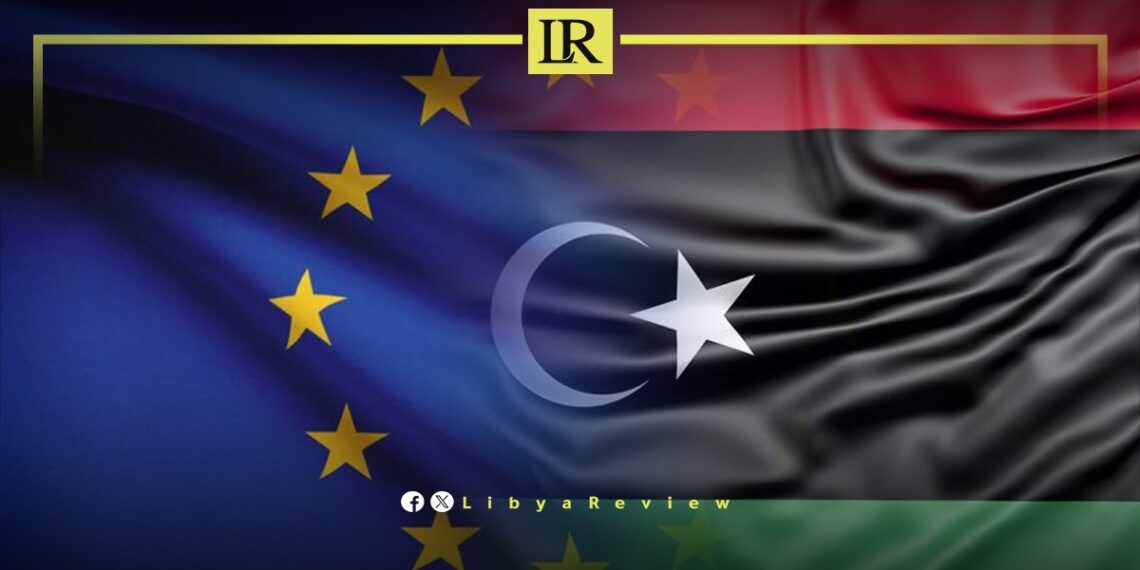Amid the increasing influx of Sudanese refugees escaping the escalating conflict in Darfur and heading towards Libya, the European Union (EU) has allocated €500,000 in humanitarian funding to the World Health Organization (WHO) to provide essential primary health care to the most vulnerable.
Every day, over 1,200 Sudanese are entering Libya through Kufra, marking a six-fold increase since December 2023. Nearly half of these refugees are women and children, joining the 40,000 Sudanese already dispersed across southeastern Libya.
With EU funding, the WHO will deploy medical teams, including mental health professionals, and provide essential supplies and equipment to bolster health services in six primary healthcare facilities. Additionally, mobile clinics will be established to deliver medical treatment directly to the most vulnerable Sudanese refugees. This humanitarian effort will primarily focus on border areas, which have been significantly impacted by the increasing number of refugees fleeing the conflict.
To proactively address potential disease outbreaks and enhance rapid response capabilities, local health workers will receive specialized training. Laboratories will also be equipped with the necessary materials and equipment.
The EU-funded emergency intervention, set to last for six months, aims to reach up to 160,000 vulnerable individuals, including displaced people and Libyan host communities.
The conflict in Darfur has resulted in significant displacement, with thousands of Sudanese fleeing their homes in search of safety. The recent surge in violence has exacerbated the humanitarian crisis, leading to an increased number of refugees heading towards neighboring countries like Libya. The situation in Darfur has been dire for years, with civilians caught in the crossfire of ongoing armed conflicts, leading to severe shortages of food, water, and medical supplies.
The European Union has been actively involved in providing humanitarian aid to conflict-affected regions worldwide. The allocation of €500,000 to WHO for Sudanese refugees in Libya underscores the EU’s commitment to addressing urgent health needs and supporting vulnerable populations.
The World Health Organization plays a critical role in managing health crises and providing medical assistance to populations in need. In this intervention, WHO’s focus will be on primary healthcare, mental health support, and disease prevention. By establishing mobile clinics and enhancing local healthcare facilities, WHO aims to ensure that refugees receive timely and adequate medical care.
The influx of refugees presents significant challenges, including the risk of disease outbreaks and the strain on existing health services. Training local health workers and equipping laboratories are essential strategies to mitigate these risks and ensure a robust health response. The mobile clinics will play a vital role in reaching remote and underserved areas, providing critical healthcare services directly to those in need.
The refugee crisis not only affects the displaced individuals but also the host communities in Libya. The EU-funded intervention aims to support both Sudanese refugees and Libyan host communities, ensuring that the increased demand for health services does not overwhelm local resources.


